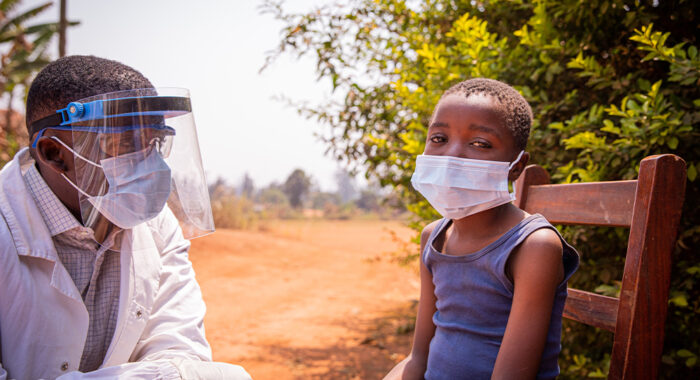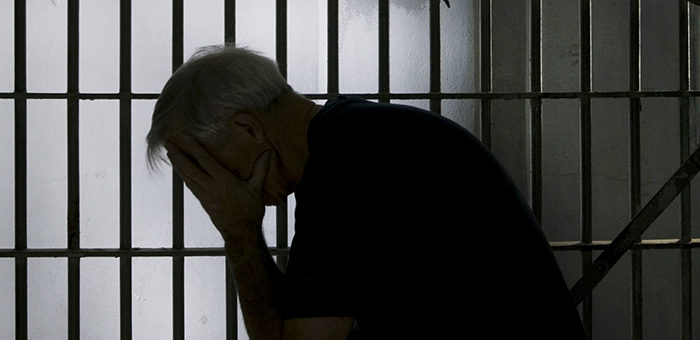Lisa L. Thompson is director of anti-trafficking for World Hope International. Previously, she served as liaison for the Abolition of Sexual Trafficking for The Salvation Army USA National Headquarters. She also served as policy representative for the National Association of Evangelicals and was involved in NAE’s efforts seeking passage of legislation now known as the Trafficking Victims Protection Act of 2000. She is a graduate of Western Kentucky University.
We should celebrate that Christians have responded in such compassionate and strong ways to human trafficking. Many church-based responses to human trafficking have included short-term mission trips with a ministry serving trafficking victims in developing countries; providing material assistance (e.g. hygiene kits and clothing) to ministries serving victims; fund raising; legal reform efforts; documentary film making; film screenings to raise awareness; and developing new ministries with an emphasis on shelter services and/or micro-enterprises programs.
Such efforts have achieved remarkable good, yet it is time to consider the wide continuum of anti-human trafficking interventions that heretofore have received inadequate attention. Now that more than a decade of anti-trafficking rescue work has been conducted, countless awareness-raising events have been held, and scores of new anti-trafficking laws are on the books, it is time to broaden the perception of what constitutes anti-trafficking work, particularly on the prevention side.
For example, Christians would do well in the anti-trafficking movement to focus on at-risk youth. Youth mentoring, anti-trafficking education for youth, adopting foster children, and juvenile detention and jail-based ministries would fight trafficking before it happens. Churches can also develop street outreach and drop-in center programs to help women and men exit the sex trade.
The Church can be the voice that calls for demand reduction initiatives, especially related to the sale of commercial sex and pornography, and can promote and encourage fair trade that does not include human slavery in its supply chain. In addition to traditional anti-trafficking legislation, Christians can also advocate for laws that strictly regulate strip clubs and massage parlors.
As a community-based institution stretching from coast to coast, from thriving metropolises to quiet rural areas, the U.S. church – if it chooses to be informed and responsive to emerging issues and community needs – can tap into its rich pool of human, financial and spiritual resources to mobilize a diverse and holistic range of responses to human trafficking. The spectrum of approaches outlined above provides opportunities for almost anyone to utilize their unique gifting in the fight against trafficking, and provides the chance for every believer to become a modern-day Abolitionist.
This article originally appeared in the NAE Insight.



 View All Articles
View All Articles 











